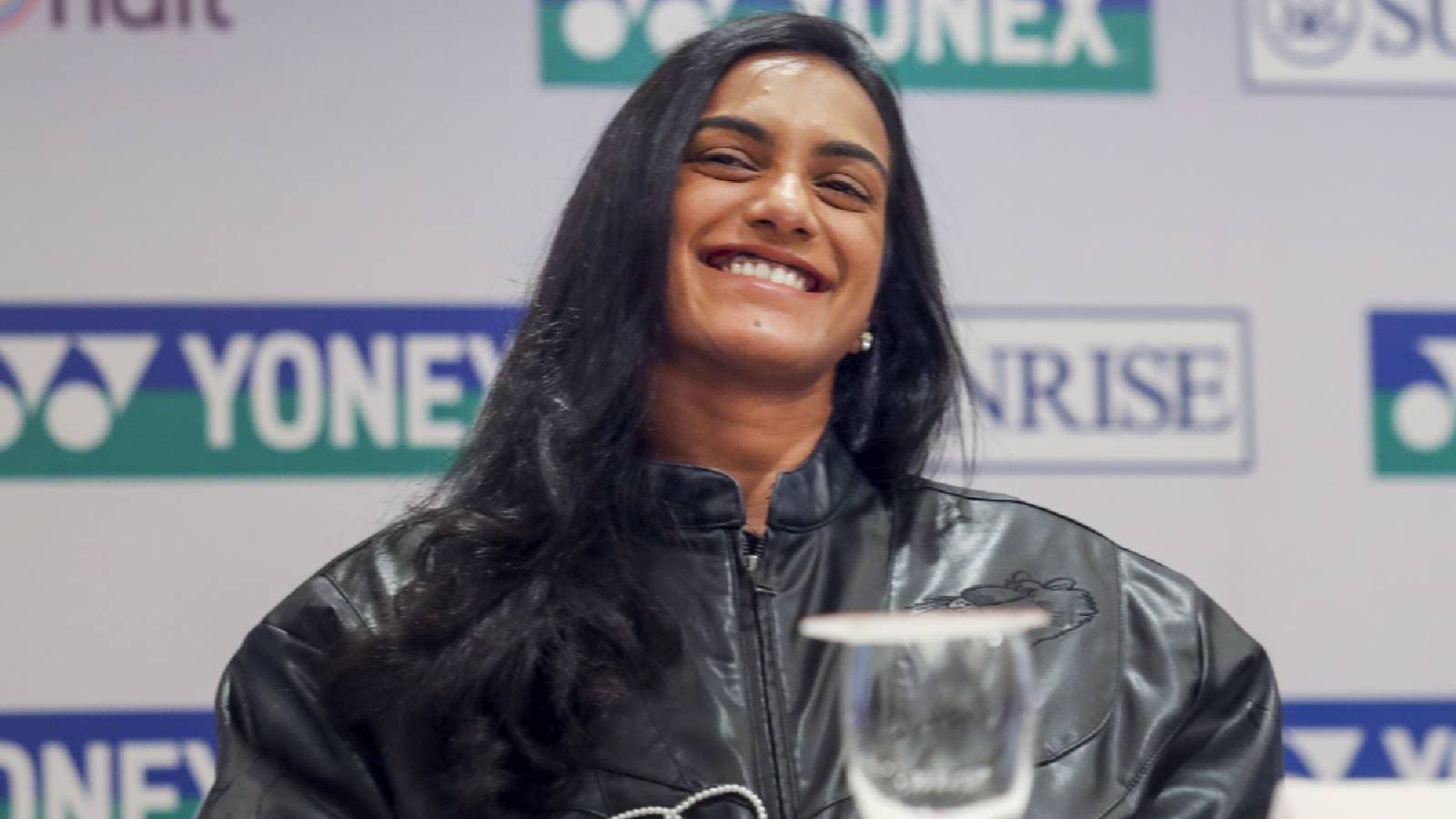 |
|
PV Sindhu, a prominent figure in the world of badminton, embarks on a new chapter in her illustrious career. At 29, she enters the 2025 season with a renewed sense of purpose and a significant change in her coaching setup. The article highlights her recent marriage and the subsequent return to rigorous training, emphasizing a desire to rediscover the joy in the sport following the Paris Olympics. This renewed focus is coupled with the appointment of Irwansyah, a highly regarded Indonesian coach known for his success with Jonatan Christie and Anthony Ginting, as her new mentor. The shift represents not only a personal change for Sindhu but a strategic move by the Badminton Association of India (BAI) to foster a more comprehensive training environment for female badminton players.
The BAI's decision to appoint Irwansyah as a national coach, responsible for a group of players rather than solely focused on Sindhu, reflects a broader strategy for developing future talent. This approach contrasts with Sindhu's past experience of working with a series of individual coaches, including notable figures from Korea and Malaysia. Sanjay Mishra, the BAI General Secretary, clarified this approach, emphasizing the need to cultivate a pipeline of talent beyond Sindhu, a sentiment underscored by the concurrent appointment of Tan Kim Her as national doubles coach. The intention is to create a supportive and learning environment where younger players can train alongside and learn from an experienced professional like Sindhu, while simultaneously benefiting from Irwansyah's expertise. This collective approach signifies a shift towards a more structured and sustainable development program for Indian women's badminton.
Sindhu's personal goals remain ambitious despite her impressive achievements. The article acknowledges the consistent question surrounding her participation in the LA 2028 Olympics, but Sindhu prioritizes injury prevention and careful tournament selection. Her determination to achieve more is evident in her statement about the persistent ‘fire’ within her, underscoring a desire for further success at prestigious tournaments like the World Championships and All England Championships. The upcoming India Open presents an immediate opportunity to assess the impact of her new coaching arrangement and gauge her readiness for future competitions. The potential quarterfinal match against Gregoria Mariska Tunjung and a possible semifinal clash with An Se Young highlight the significant challenges that await her, offering a compelling test of her progress and readiness for the competitive season ahead.
The significance of Irwansyah's coaching style and its compatibility with Sindhu's playing style remain to be seen. His reputation for developing top-tier male players does not automatically guarantee similar success with female athletes. The article emphasizes the time required for the coach-athlete relationship to develop and for new training methods to take effect. The long-term success of this strategic move by the BAI and the impact on Sindhu's performance and the development of younger players will require ongoing observation and analysis. The India Open serves as a vital initial assessment of this new partnership and the potential it holds for transforming Indian women's badminton. The next few months will be crucial in determining whether this new approach yields the desired results and lays a solid foundation for the future of Indian badminton.
Beyond the immediate sporting implications, the strategic decisions made by the BAI offer valuable insights into the broader landscape of sports development and talent management. The shift towards group coaching, emphasizing the development of a wider talent pool alongside elite athletes, reflects a more sustainable and comprehensive approach. This approach contrasts with the often individualized focus on elite athletes, highlighting the importance of nurturing talent across different levels of competition. The success or failure of this model will have significant implications not just for Indian badminton but potentially for the development of other sports in India and other nations facing similar challenges in balancing elite athlete development with broader talent cultivation.
